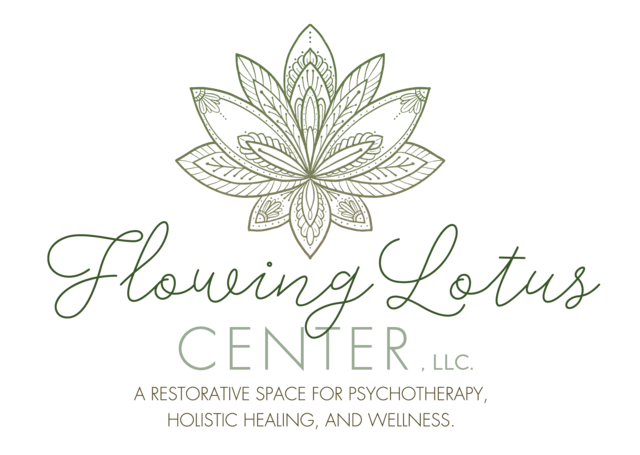Get Certified with Flowing Lotus Center™
Evidence-Based Energy Healing for 21st-Century Clinicians & Conscious Leaders
Why Choose Flowing Lotus?
Clinical Credibility. All signature programs carry board-approved CEUs for mental-health professionals.
Trauma-Informed. Every technique is grounded in nervous-system science and cultural humility.
Scalable Skills. Start with a single workshop or progress to a full license that lets you train others.
Founder-Led. Learn directly from Toshia Shaw, MBA, LCSW, Reiki Master, and creator of Breath Alignment®.
Certification Menu

*Approved by the Nevada Board of Examiners for Social Workers (includes Cultural Competency hours).
Breath Alignment®: Three-Tier Pathway
Foundations (3-Hour Workshop) – Plug-and-play breathing tools, 3 CEUs.
Facilitator (8–12 Weeks) – Lead private & group sessions, peer supervision.
Trainer License (6 Months) – Teach and certify others, curriculum license, mastermind mentorship.
Sound Healing Facilitator Highlights
Master crystal & Tibetan bowls, gongs, vocal toning.
Build trauma-sensitive sound journeys for individuals and groups.
Complete a 10-hour practicum and earn 6 CEUs (incl. 1 Cultural Competency).
Reiki Training
Level I: Self-healing & client basics.
Level II: Distance healing & professional ethics.
Master: Advanced symbols, attunements, and teaching methodology.
How It Works
Choose Your Track – Breathwork, Sound, Reiki, or a custom bundle.
Enroll Online – Instant access to prep materials and private community.
Attend & Practice – Live virtual, in-person Las Vegas immersions, or self-paced modules.
Get Certified – Pass your post-test, log practicum hours, download your CEU certificate.
Scale Your Impact – Integrate in therapy, wellness retreats, or license the method to others.
Ready to Elevate Your Healing Career?
Spots are intentionally limited for deep mentorship.
Flowing Lotus Center™ – Where Science Meets Spirit for Healing That Lasts.


